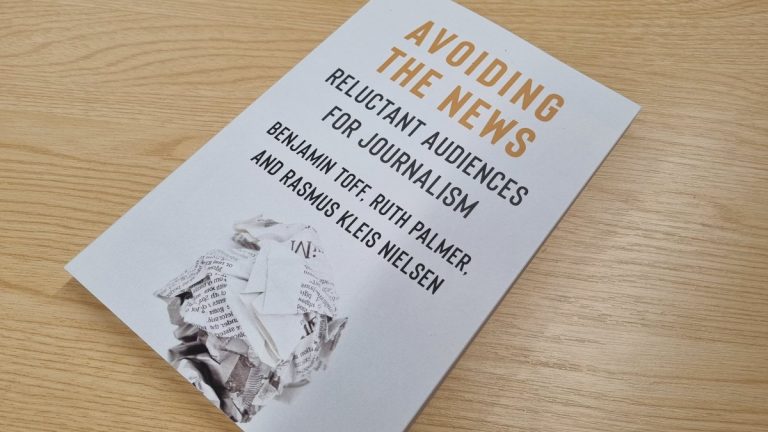Citizen media: a progress report
His ten points:
1. Recognition of citizen media
There’s a growing recognition and appreciation of why citizen journalism matters.
2. Traditional media get it now
Traditional media organisations, big and small, [are] mov[ing] into this arena. The vast majority of newspapers now have staff blogs [and] the more forward-looking organisations are inviting their audiences to participate in the actual journalism.
3. Backlash
There’s always a backlash against new things [and] it’s always important to pay attention.
What worries may of the more honest critics? Among other things, the sense that mass amateurisation in media lead to a meltdown of quality.
Critics have also legitimately raised ethical concerns.
4. Tools and ideas
There’s never been such an amazing time to be trying out new things. We’re almost buried in an avalanche of tools and ideas that have enormous potential to make journalism more diverse — and better.
5. Business issues
The disruption in traditional media economics continues to grow. Layoffs abound at major media companies, and the litany of fear and loathing in the news business is disheartening.
Citizen media efforts are likewise struggling to find business models.
6. Experimentation is cheap
The cost of trying new ideas is heading toward zero. That means lots and lots of people will — already are — testing the possibilities of new media. […]
So the R&D that the news industry should have done years ago is now being done in a highly distributed way.
7. Some experiments to pursue
[Gillmor provides the examples of mobility and object story telling]
8. Ethics, reliability, civility
It’s not enough for those of us in the field to point out that the traditional media also have issues in this regard. We have to acknowledge the problems and work on the solutions.
9. Assisting trust
We have ample opportunity, meanwhile, to find ways to enhance citizen media credibility — and that of all journalists, in whatever format they use — with updated techniques and tools.
10. Media literacy
What becomes increasingly clear is the need to update media literacy for a media-saturated age. When people are creators of media, not just consumers, the task is more complex — but more important than ever.
Gillmor concludes that “we have a long, long way to go. We need much more experimentation in journalism and community information projects. The business models are, at best, uncertain — and some notable failures are discouraging. Dealing with the issues of trust, credibility and ethics is essential; as are more tools and training, including a dramatically updated notion of media literacy.”
The Center for Citizen Media is a new initiative aimed at helping to enable and encourage grassroots media, especially citizen journalism, at every level. The Center is jointly affiliated with the University of California, Berkeley’s Graduate School of Journalism and the Berkman Center for Internet & Society at Harvard University Law School.




